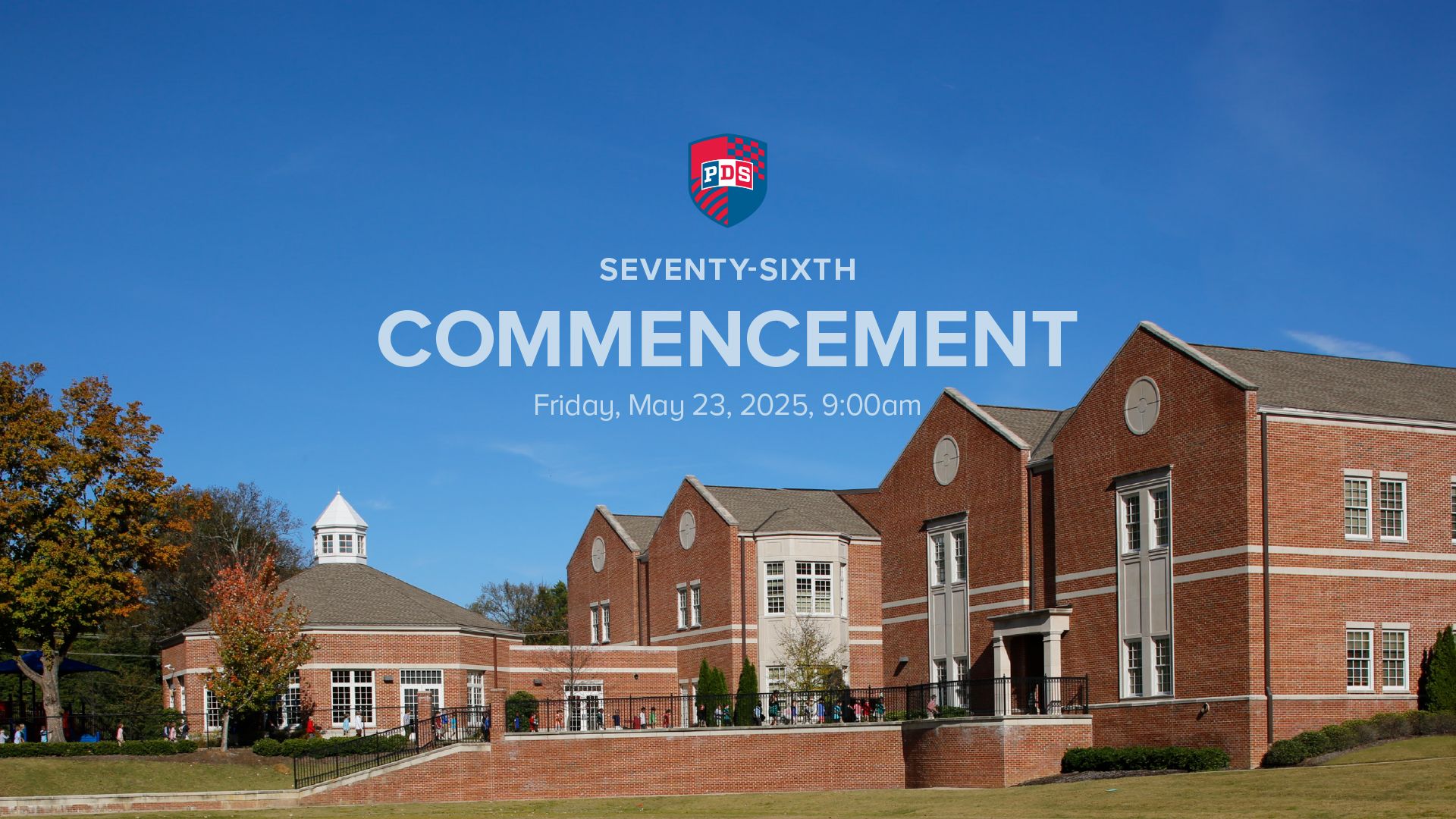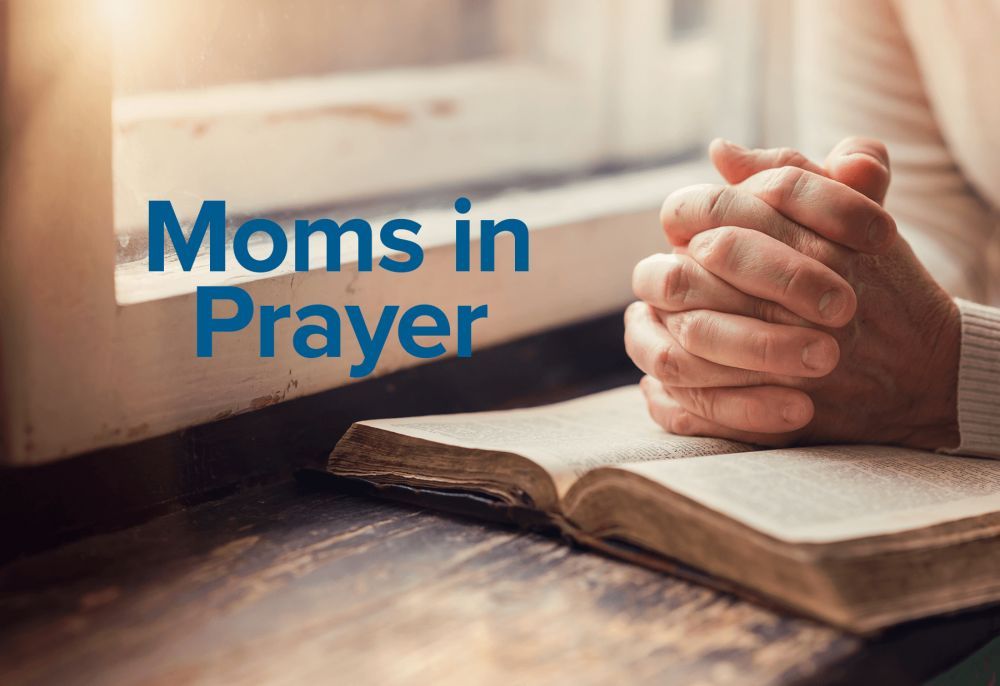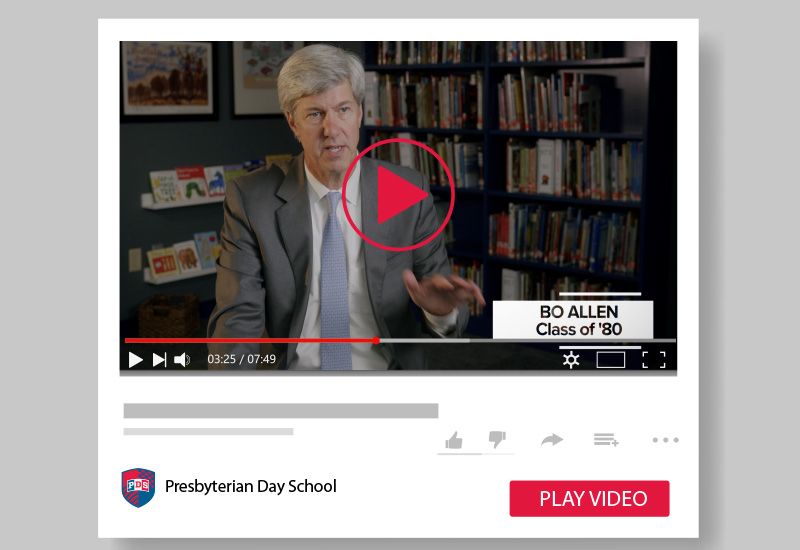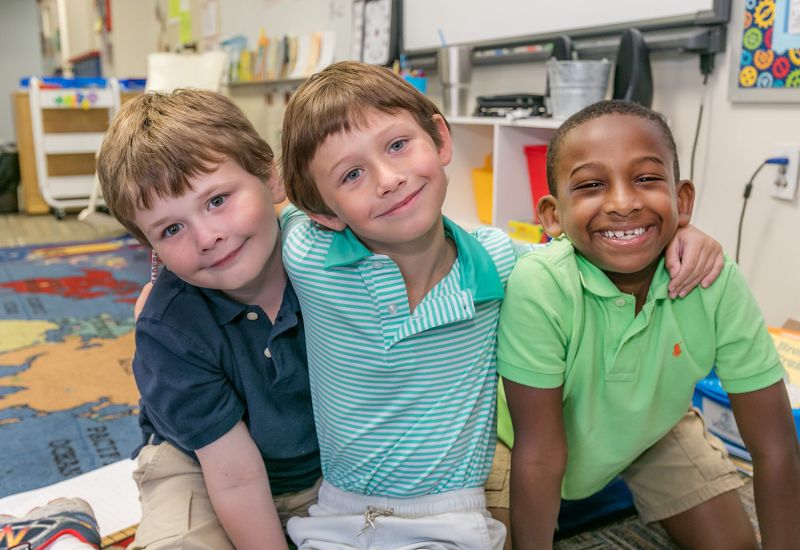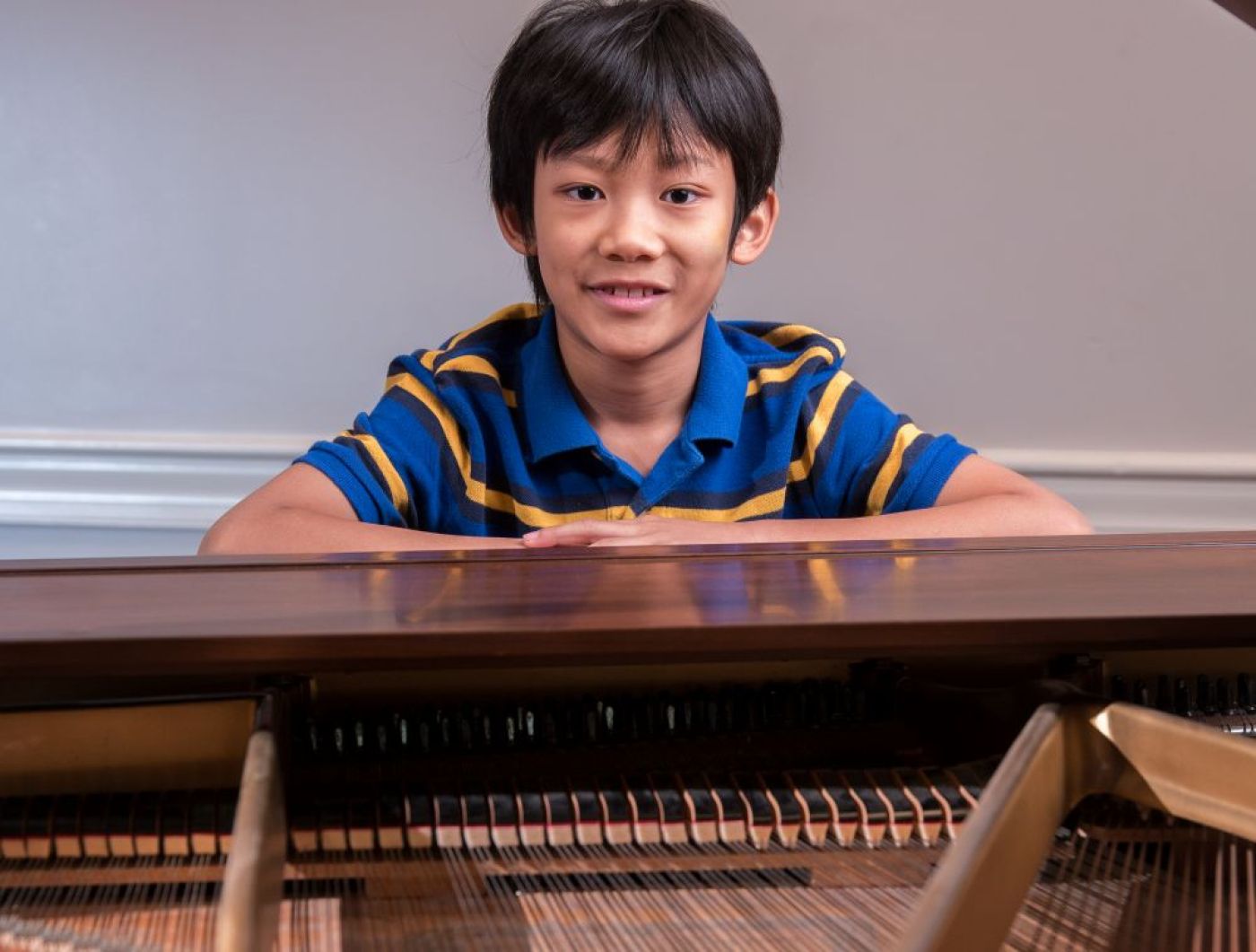
Music and the Brain: The Benefit of Learning to Play an Instrument
The school year has begun, and routines have taken shape. In many schools across the country, beginner-level bands and orchestras are starting to form. Students are naturally drawn to various instruments — the woodwind, brass, percussion and strings. Add a gifted, enthusiastic teacher, and the child is hooked from the get-go.
So what are the benefits of studying a musical instrument? Research provides insight into the brain development of children who study musical instruments. “When you’re a musician and you’re playing an instrument, you have to be using more of your brain,” said Dr. Eric Rasmussen, chair of the Early Childhood Music Department at the Peabody Preparatory of The Johns Hopkins University.
In fact, a study led by Ellen Winner, professor of psychology at Boston College, and Gottfried Schlaug, professor of neurology at Beth Israel Deaconess Medical Center and Harvard Medical School, found changes in the brain images of children who underwent 15 months of weekly music instruction and practice. The students in the study who received music instruction had improved sound discrimination and fine motor tasks, and brain imaging showed changes to the networks in the brain associated with those abilities, according to the Dana Foundation, a private philanthropic organization that supports brain research.
Music has also strong connections to the study of mathematics. Musicians are constantly doing “mental math” as they subdivide notes and apply rhythms to the music they see in front of them. Courses on “music and geometry” and “the math behind music” are topics of great interest on college campuses around the country.
As students learn to play an instrument, they are also learning to read a new language. University of California, Irvine professor Chris Dobrian researched the connection between music and language. There are many ways in which music is expressive in the same way language is. The meaning behind the music leads to interpretation and self-expression. Music has the unique power to mean different things to different people.
However, most of all, music is art. Children who study an instrument are learning to create and find beauty. Those beginning notes might not sound so beautiful, but given time, patience, and practice, those first pitches can lead to phrases and melodies that soar and lift the spirit. The gift of music inspires, motivates, and captures emotions in a way that is unique and powerful.
Our young instrumentalists need our support and encouragement. They are building brain muscle and beginning to create art at the same time.
This email address is being protected from spambots. You need JavaScript enabled to view it.
Available year-round!
We love showing off our campus and our boys.
To Schedule a tour, contact Rachel Bishop, Director of Admission at

